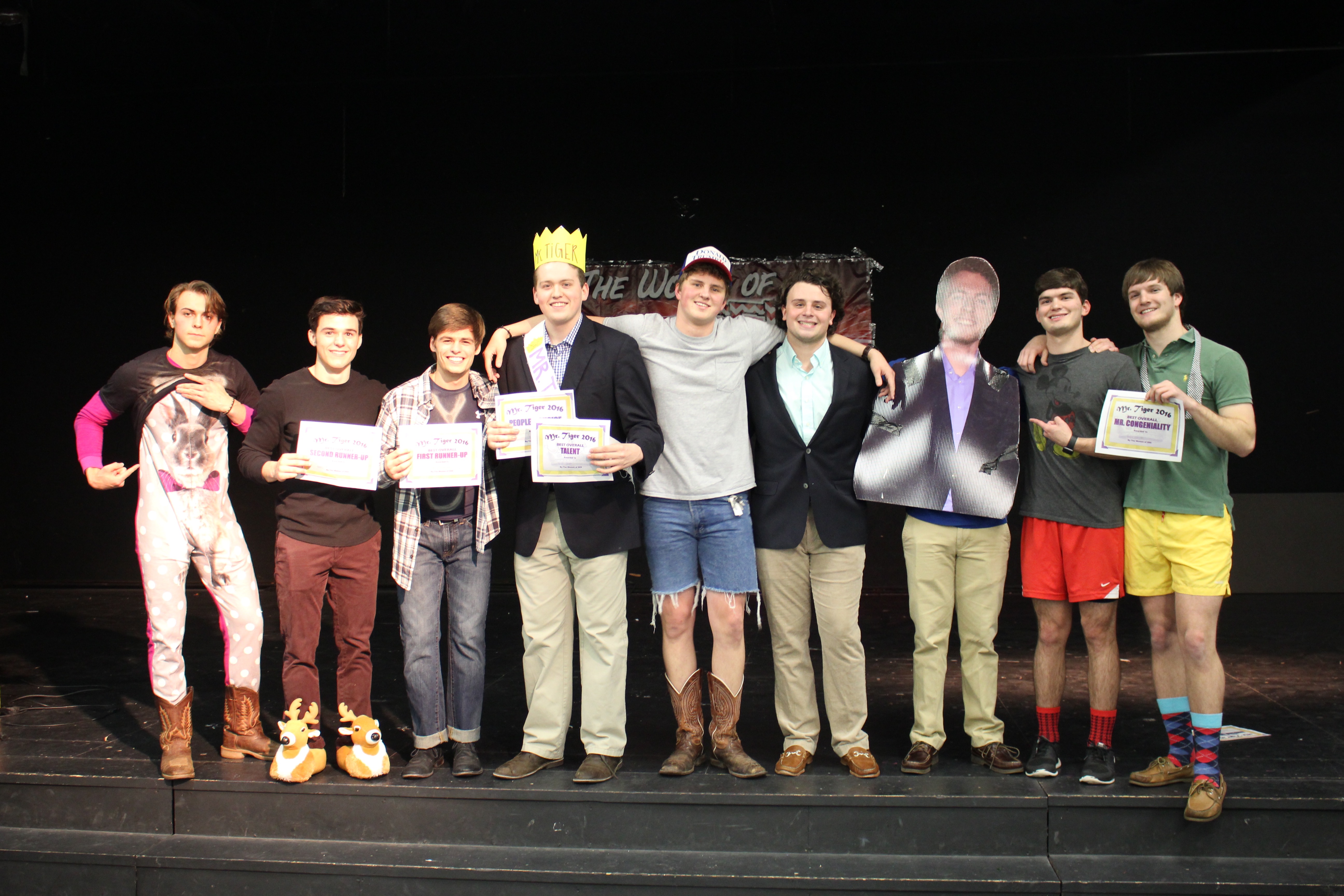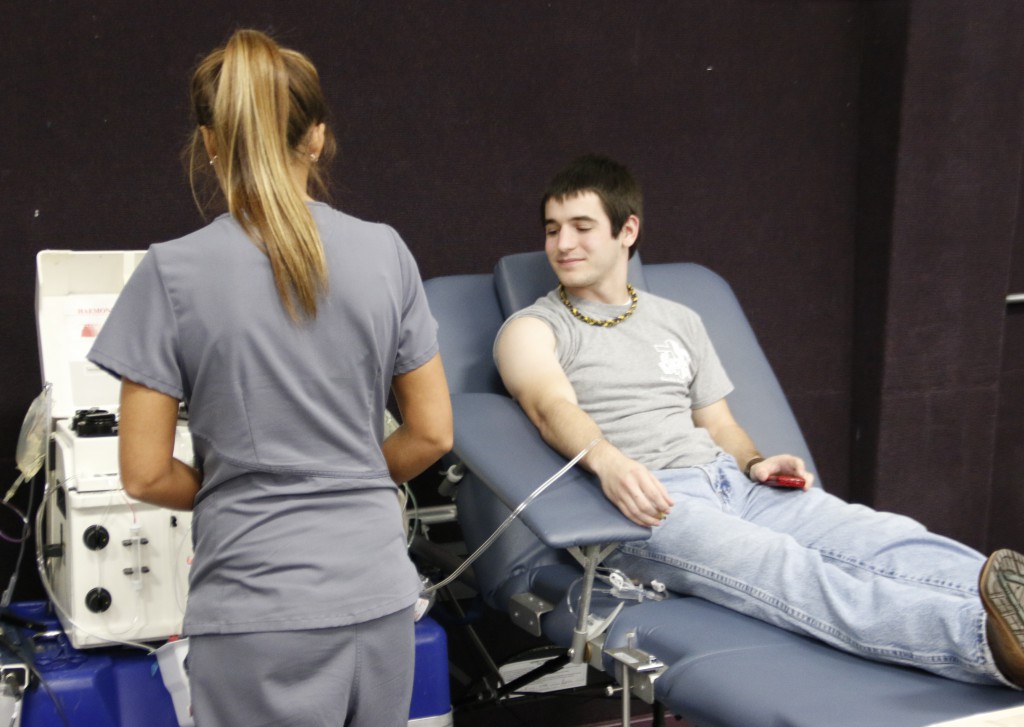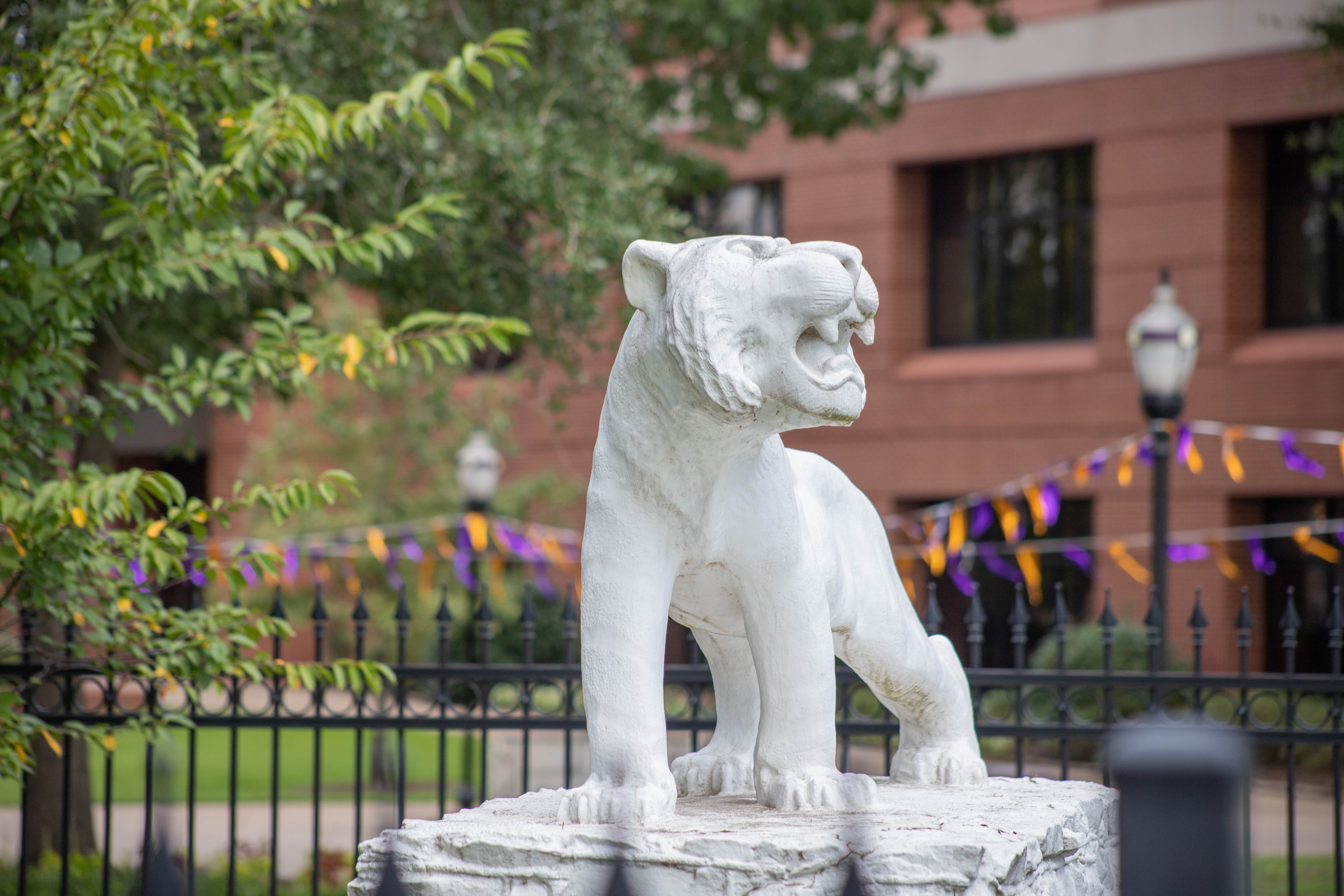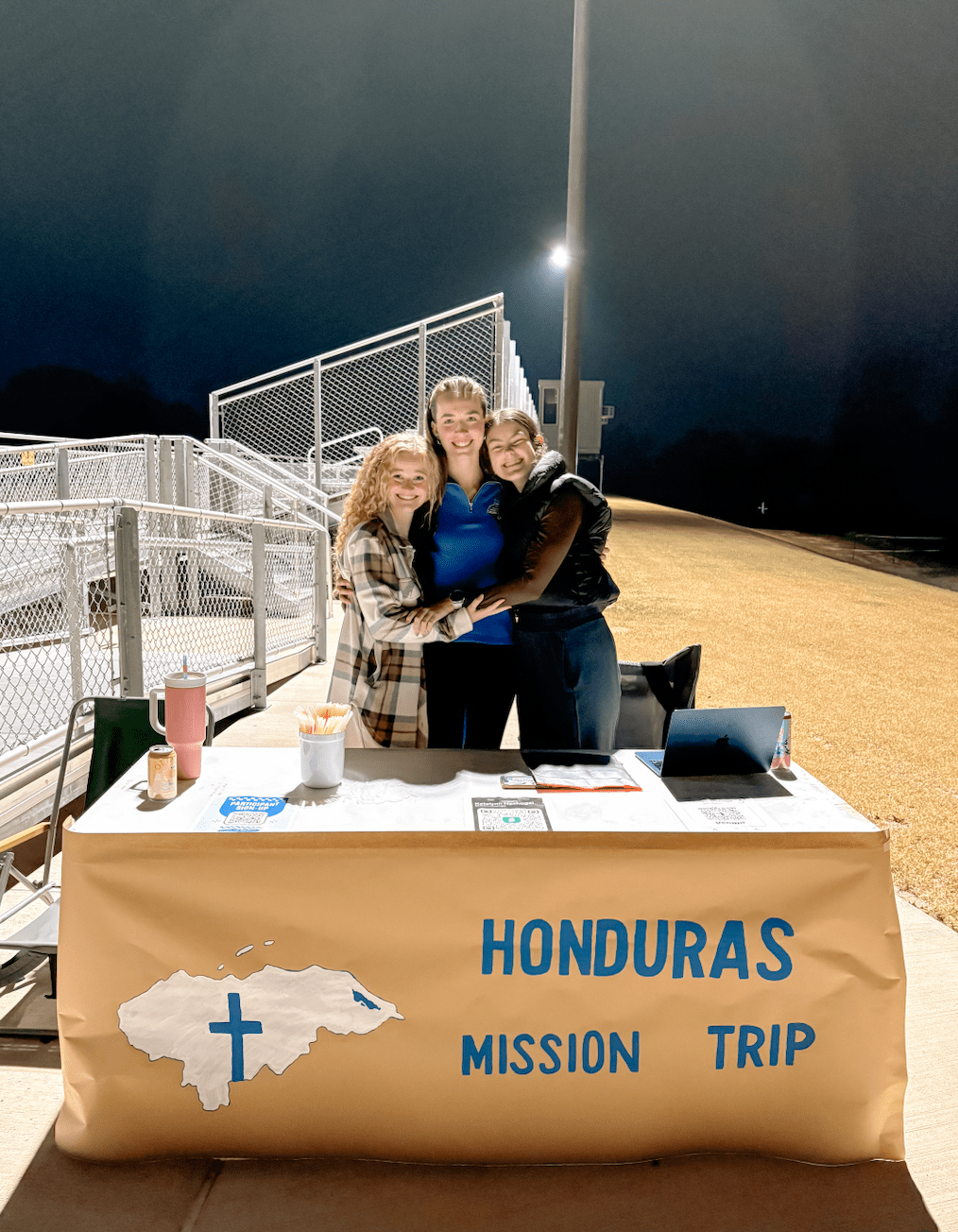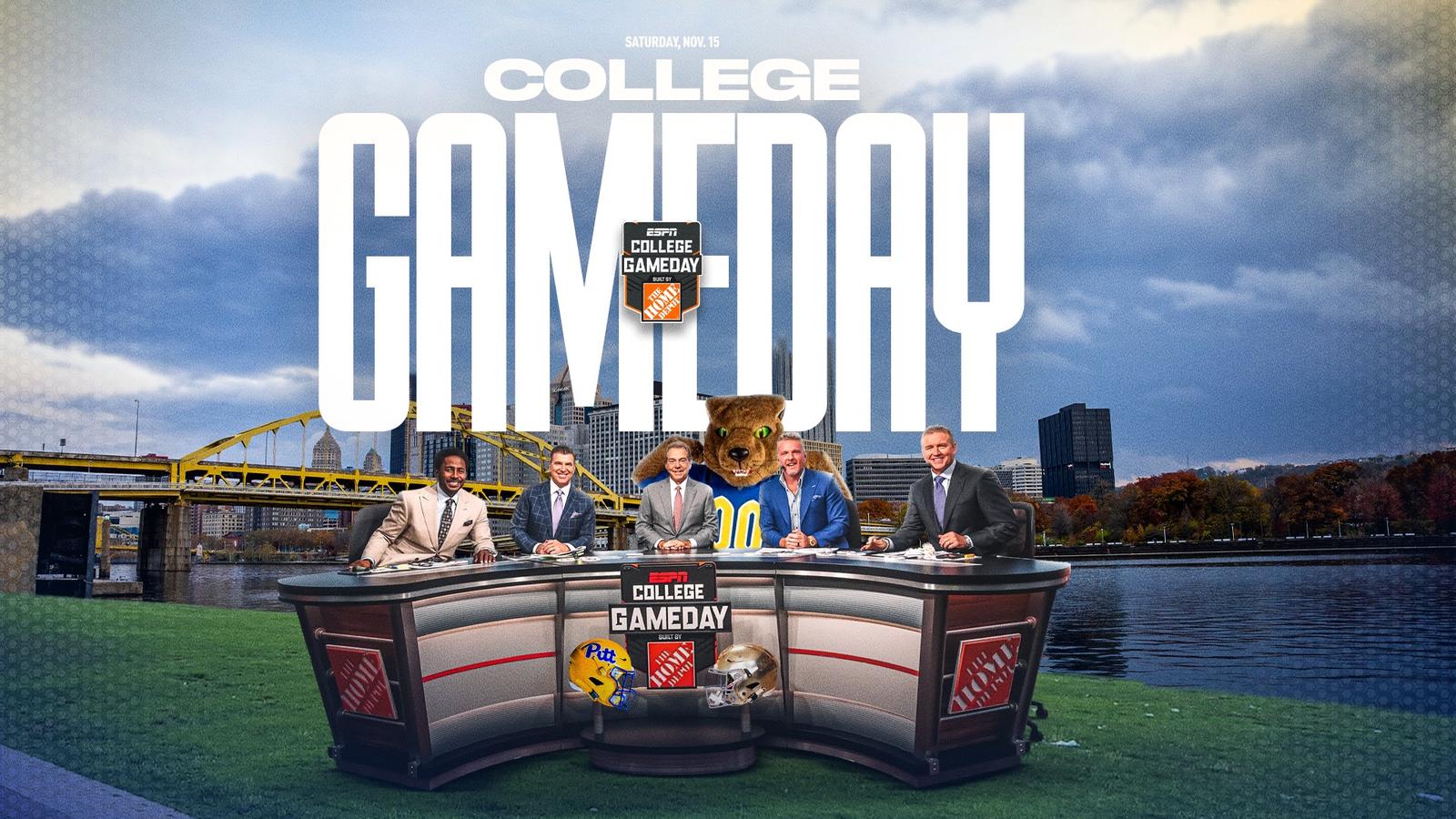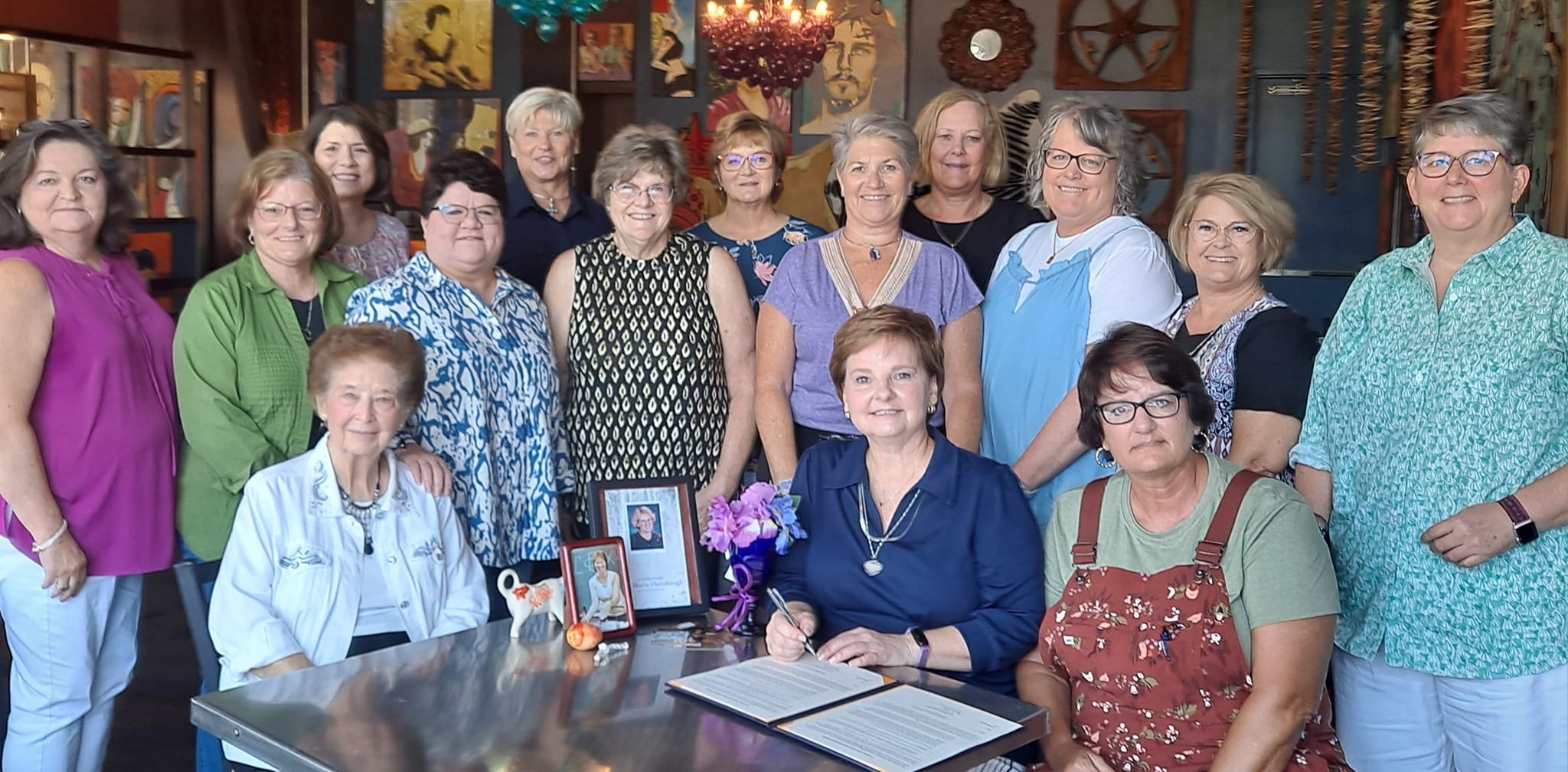On Tuesday, April 5, Ouachita hosted a special guest speaker, David N. Greenlee who is a retired U.S. ambassador. Greenlee has served for a total of 32 years in Foreign Service and is currently a Woodrow Wilson Visiting Fellow. After travelling all over the world, he made his first visit to the humble state of Arkansas last week.
Greenlee was the keynote speaker for this semester’s Birkett L. Williams Lecture Series. The title of his presentation was, “Policy and Security Challenges in Latin America: A Broad Look at the Neighborhood.”
“It’s wonderful to be here,” Greenlee said. “I’m really, really impressed by this college and the clear moral bearing of people in the college and the friendliness.”
While thanking Dr. Hal Bass and his wife for their generous hospitality, Greenlee said, “I really feel very much at home here.”
Though Greenlee’s long career in diplomacy is impressive, it was not always what he planned to do.
“I did not plan to be a diplomat . . . but I wanted a life of adventure, I wanted to be able to move around and not have the same boss all the time—I wanted something that related to national service.”
After college, Greenlee served in the Peace Corps and during the Vietnam War, he served as a first lieutenant in the U.S. Army. Before serving as an ambassador, Greenlee worked various different jobs.
“I did all those things wondering what I would really do; what should be my real profession or job? I started going to law school and if I had continued that, I think I would’ve become a lawyer,” Greenlee said. Meanwhile, I took the Foreign Service test, the oral exam, and one day I got a call saying, ‘Could you come to Washington [D.C.] in two weeks?’ And I did. That was the beginning of my career.”
In that career, Greenlee held several different positions within foreign relations—both at home and abroad. Since his retirement in 2006, he has still been involved with foreign relations.
“Since I’ve been out of foreign service,” Greenlee said, “I’ve done work with the U.S. military (with the Marines, with the U.S. Army) really working with them on what embassies do and what ambassadors do.”
He also has consulted with the U.S. State Department about various issues during his retirement.
During his time as a diplomat, Greenlee learned many valuable lessons concerning foreign relations, different cultures, and humanity in general.
“People are worried about the same things and there’s a way to relate to them on that basis,” Greenlee said. “In another respect, they come out of different cultures and sometimes the way they process what they want or what they think you want is very different from the way you do it. So, it’s very hard to stand in the other person’s shoes, but it’s very, very important to try to do it if you’re going to find a way to bridge what you want to what they want.”
Foreign policy is a concept that is often talked about among Americans, but what it really means can be confusing. Having so much experience in this field, Greenlee was able to condense the meaning so that the average voter could further understand it.
“The United States wants three things,” Greenlee said. “One, we want to see democracy throughout the world. That doesn’t mean we want to impose democracy around the world, but democracy is part of our DNA. We think it’s the best form of government and we think if other countries had democracies that would be better for our own security. The second is that we want access to markets and we want to be able to send things to markets. So, we want free commerce . . . The third thing is we want a rules-based world. We want a world where everybody—every government—kind of looks at a framework of rules that are acceptable to everyone. In other words, they’re not busy invading other countries. That was nineteenth century stuff. In the twenty-first century, we need a more organized world.”
Most of the students who attended the lecture were political science or history majors. Many of these individuals have plans to serve the U.S. government in their career. Greenlee took this opportunity to advise them about the reality of public service.
“Public service is not about making a lot of money,” Greenlee said. “It’s about a commitment to something bigger than yourself that serves the interests of a bigger group of people than your immediate circle.”
by Sarah G. Hays


